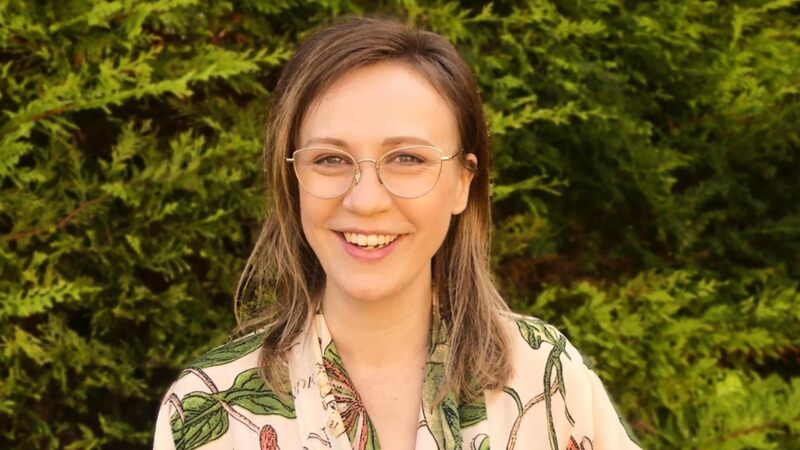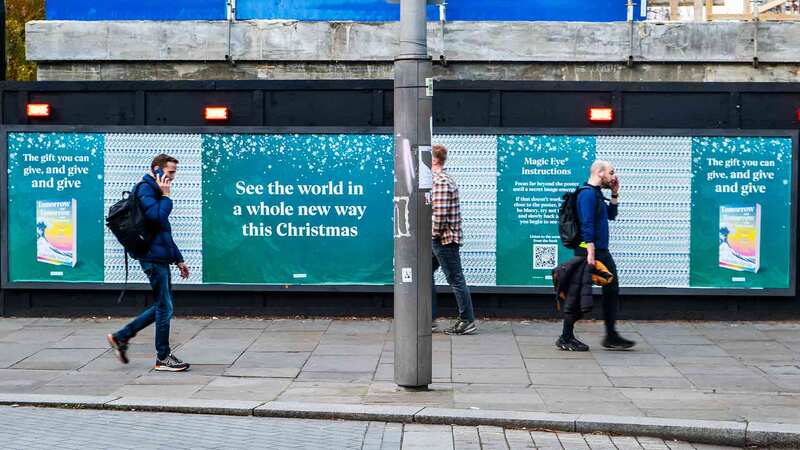You are viewing your 1 free article this month. Login to read more articles.
Hewitt wins Laurel Prize for nature and ecopoetry
Seán Hewitt has won the £5,000 Laurel Prize for nature and ecopoetry with Tongues of Fire (Jonathan Cape).
The prize is funded by Simon Armitage’s poet laureate’s honorarium, which he receives annually from the Queen, and is run by the Poetry School.
Hewitt is a poet, lecturer and literary critic. Tongues of Fire is his debut collection; it saw him shortlisted for the Sunday Times Young Writer of the Year Award, as well as receiving nods for the John Pollard Foundation International Poetry Prize and a Dalkey Literary Award. His memoir, All Down Darkness Wide, will be published by Jonathan Cape in the UK and Penguin Press in the US next year. He lectures in British and Irish literature at Trinity College Dublin, and is poetry critic for the Irish Times.
He said it was "a wonderful honour" to receive the prize, adding: "The Laurel Prize is a testament to the power of poetry to renew our sensuous and emotional commitment to the world around us, and to the poem as a place for re-thinking our roles in life."
Second prize was awarded to Ash Davida Jane's How to Live with Mammals (Victoria University Press) and third prize was given to Sean Borodale's Inmates (Jonathan Cape). The best first collection was awarded to Will Burns' Country Music (Offord Road Books). Armitage described the winners as “a worldwide and world-class selection of books reflecting poetry’s global response to the planet’s precarious environmental situation”.
In addition to prize money, each of the winners will receive a commission from the Area of Outstanding Natural Beauty (AONB) organisation to create a poem based on their favourite landscape.
The partner prize, the Gingko Prize for ecopoetry, has also opened submissions. It is the world’s largest ecopoetry prize for the best single ecopoetry work written in the English language, and offers a first prize of £5,000, second prize of £2,000 and third prize of £1,000, plus an additional £500 prize in partnership with AONB for the "Best Poem of Landscape", as well as a writing residency for the first-prize winner. The prize is entering its fourth year, with three new judges at the helm: Camille T Dungy, Anna Selby and Sara Hudston. The deadline for entries is 21st December at 6 p.m.

















